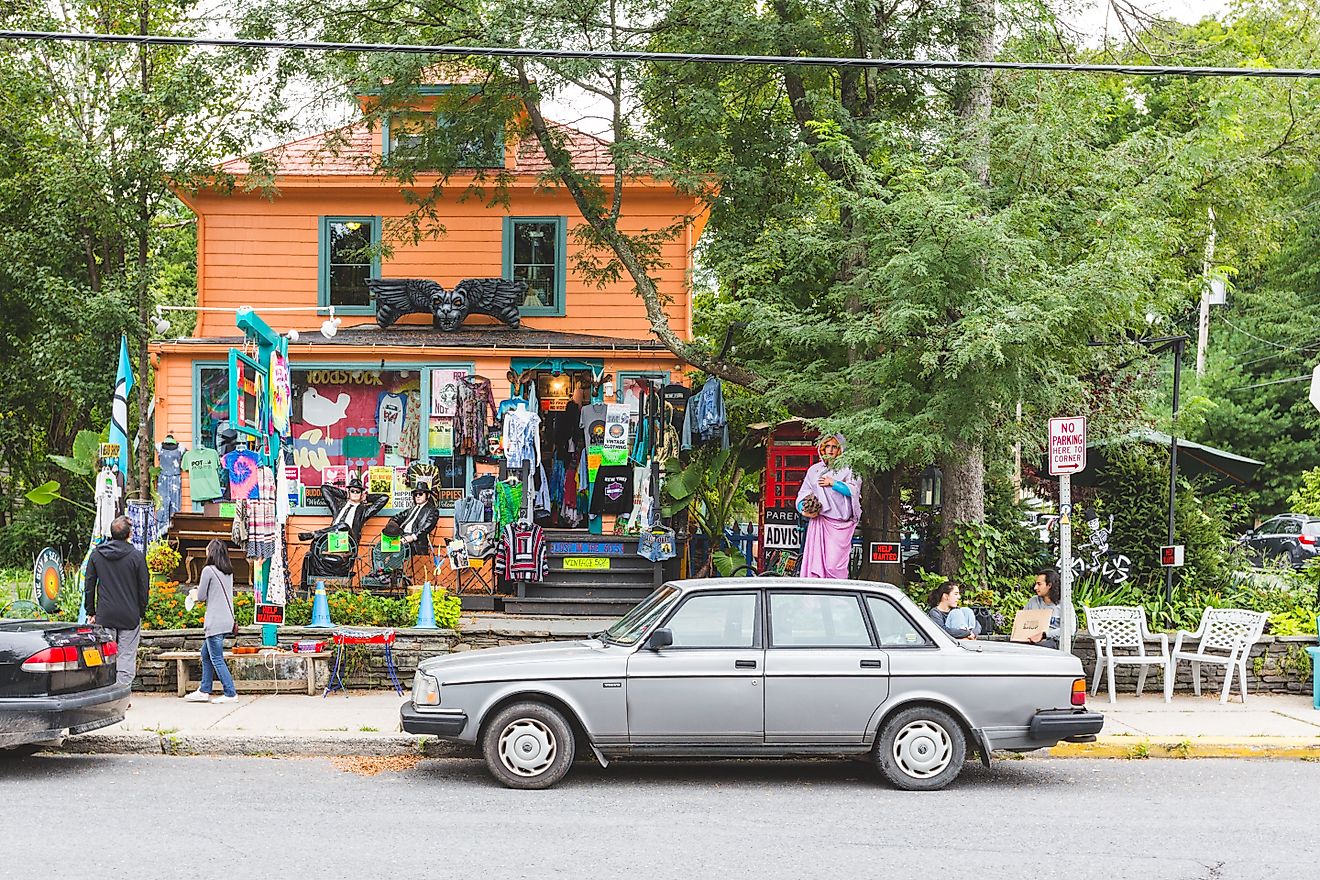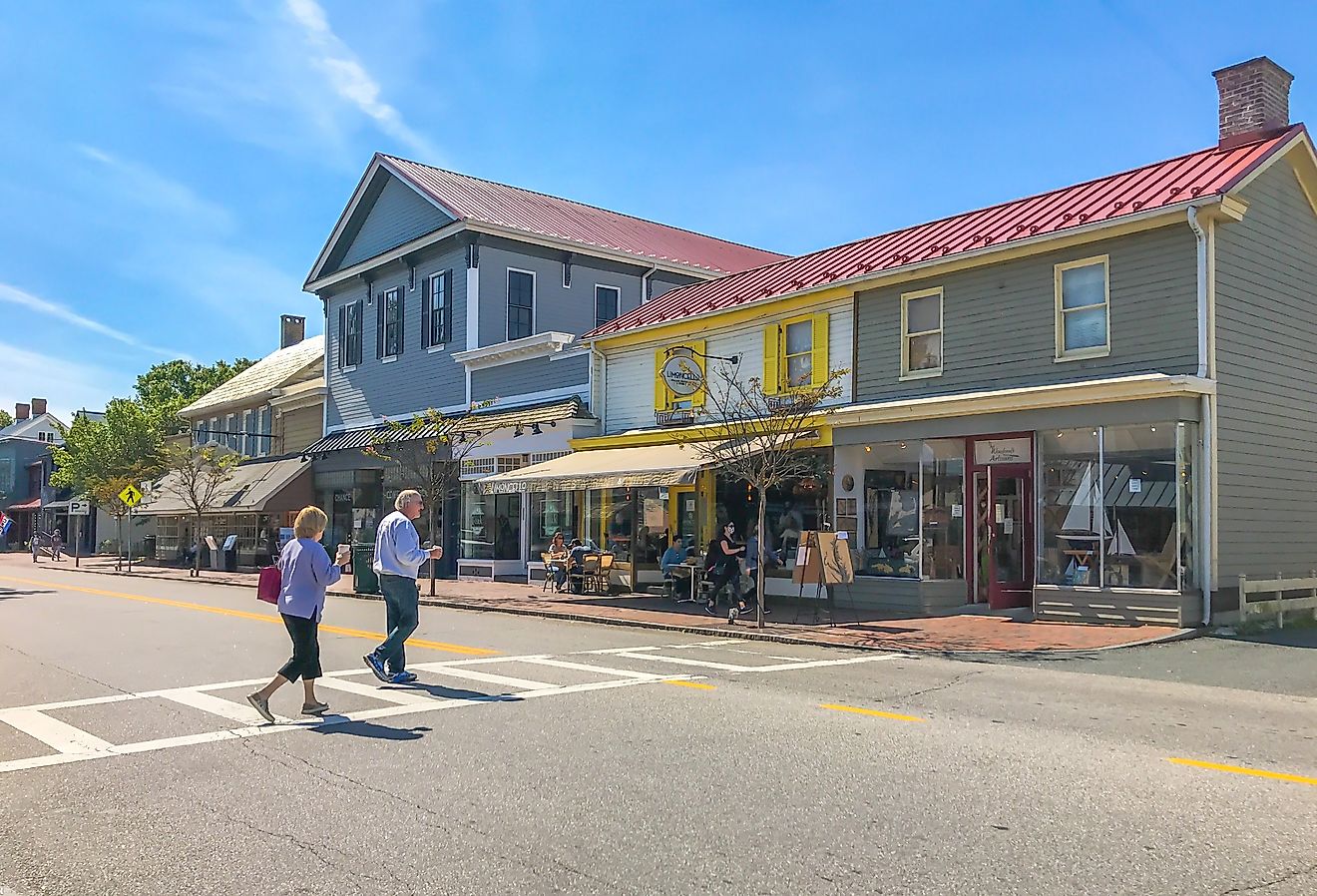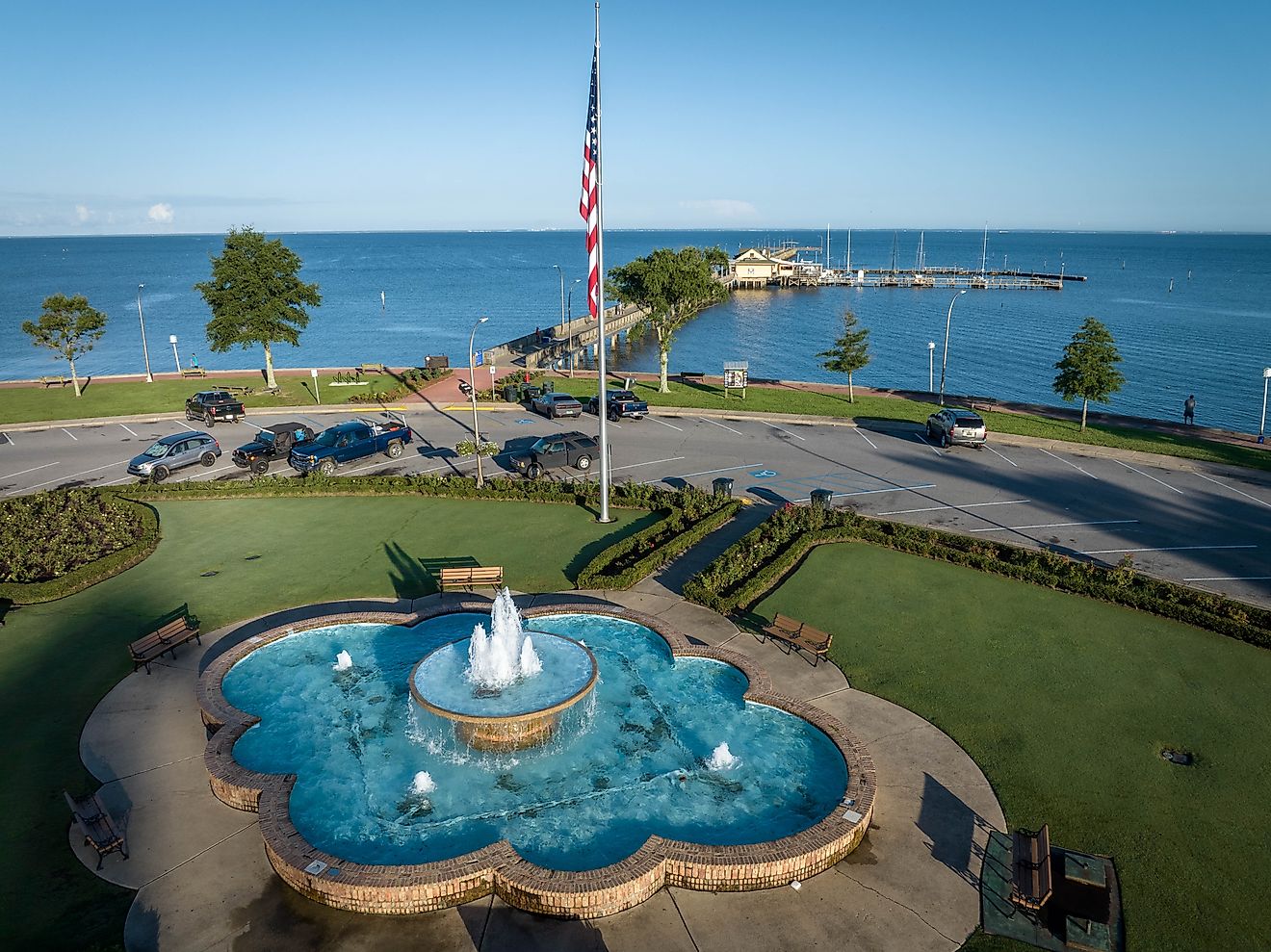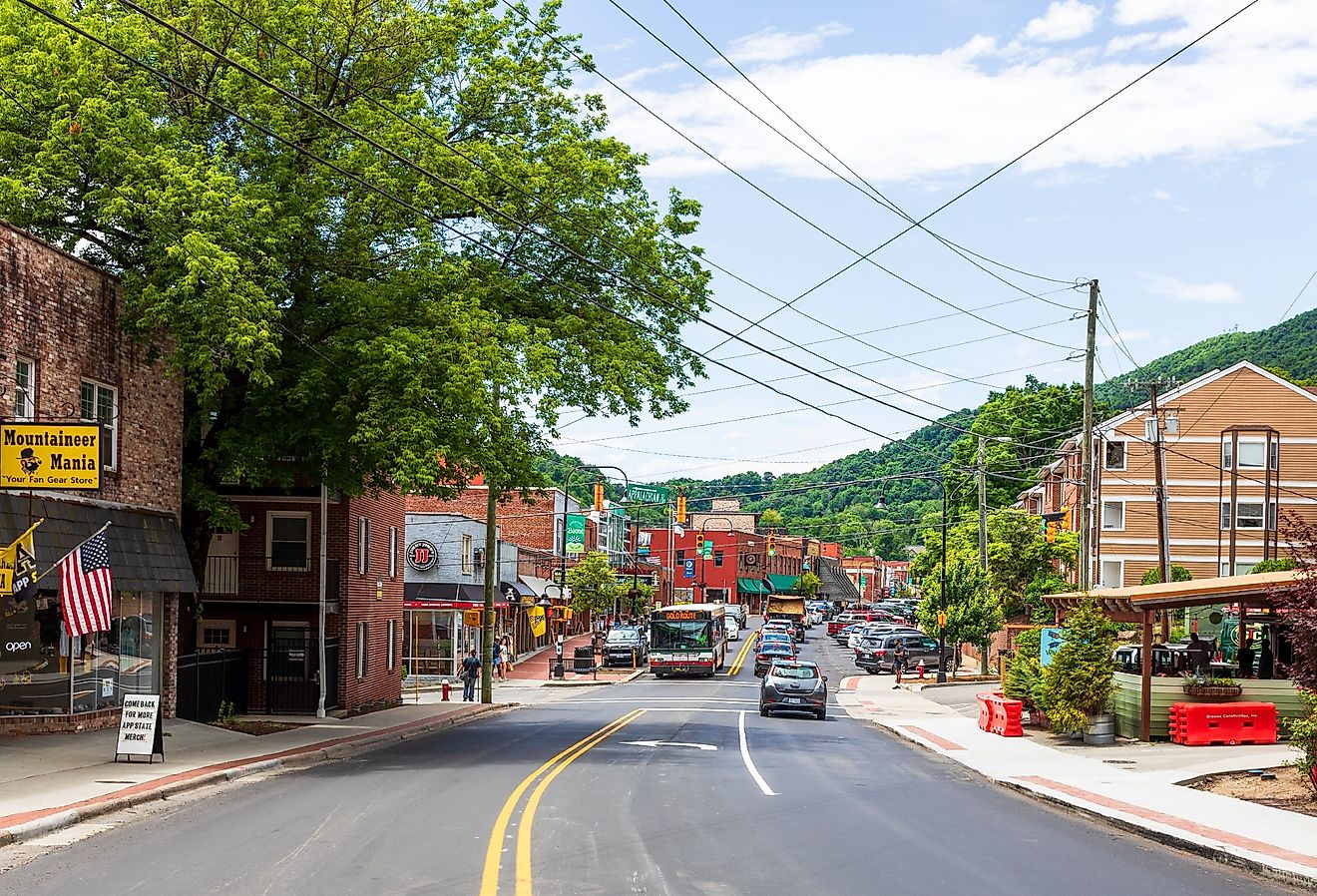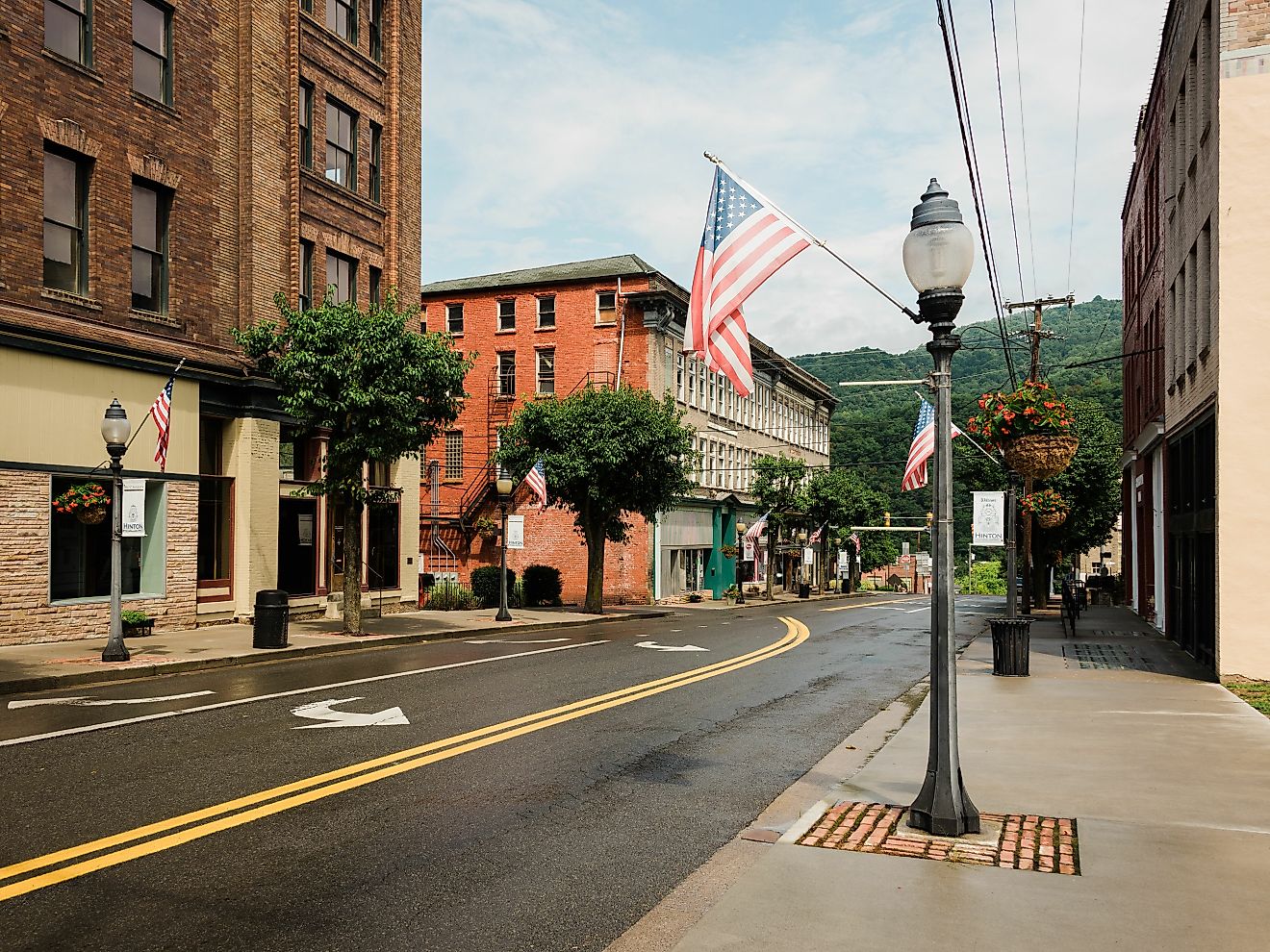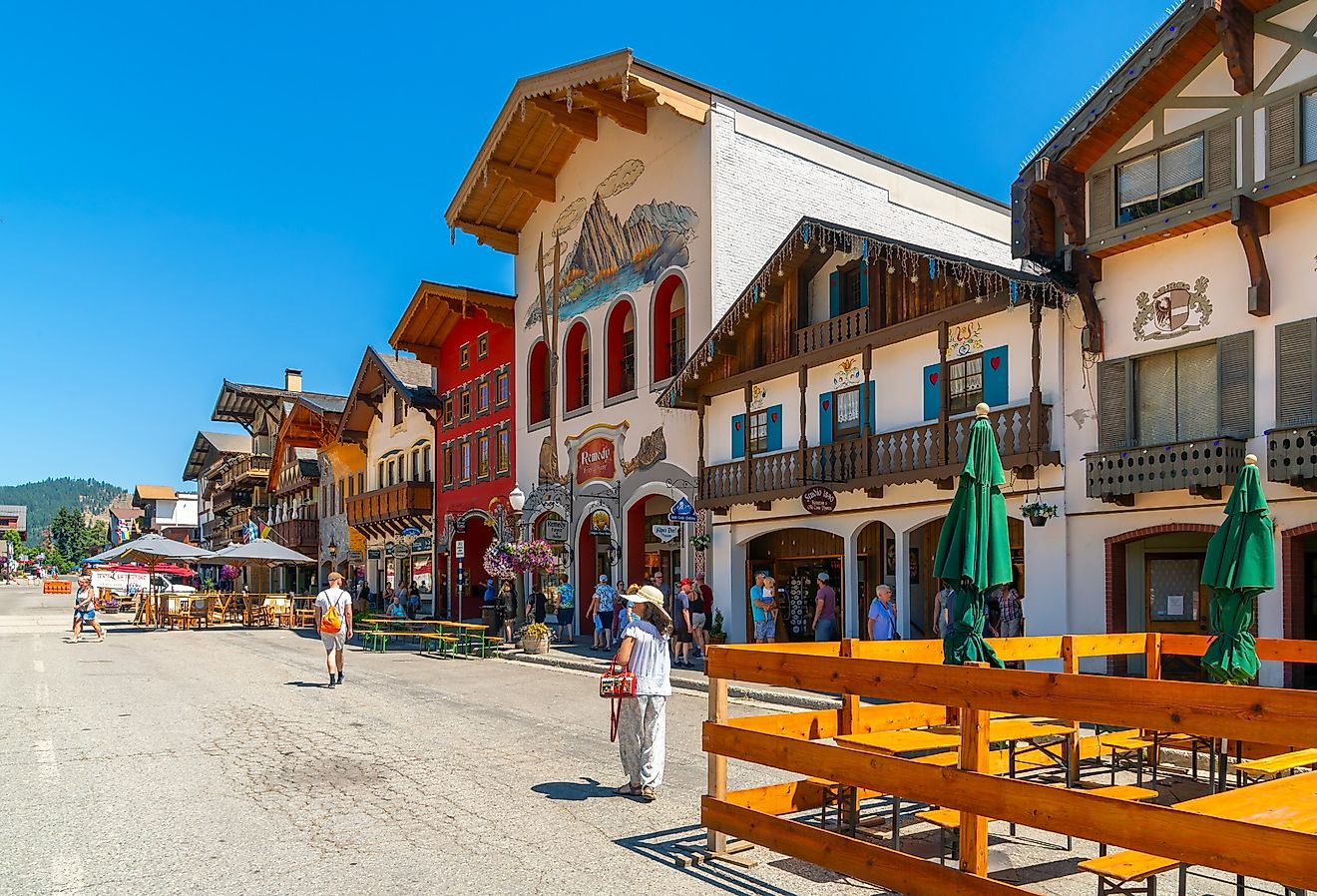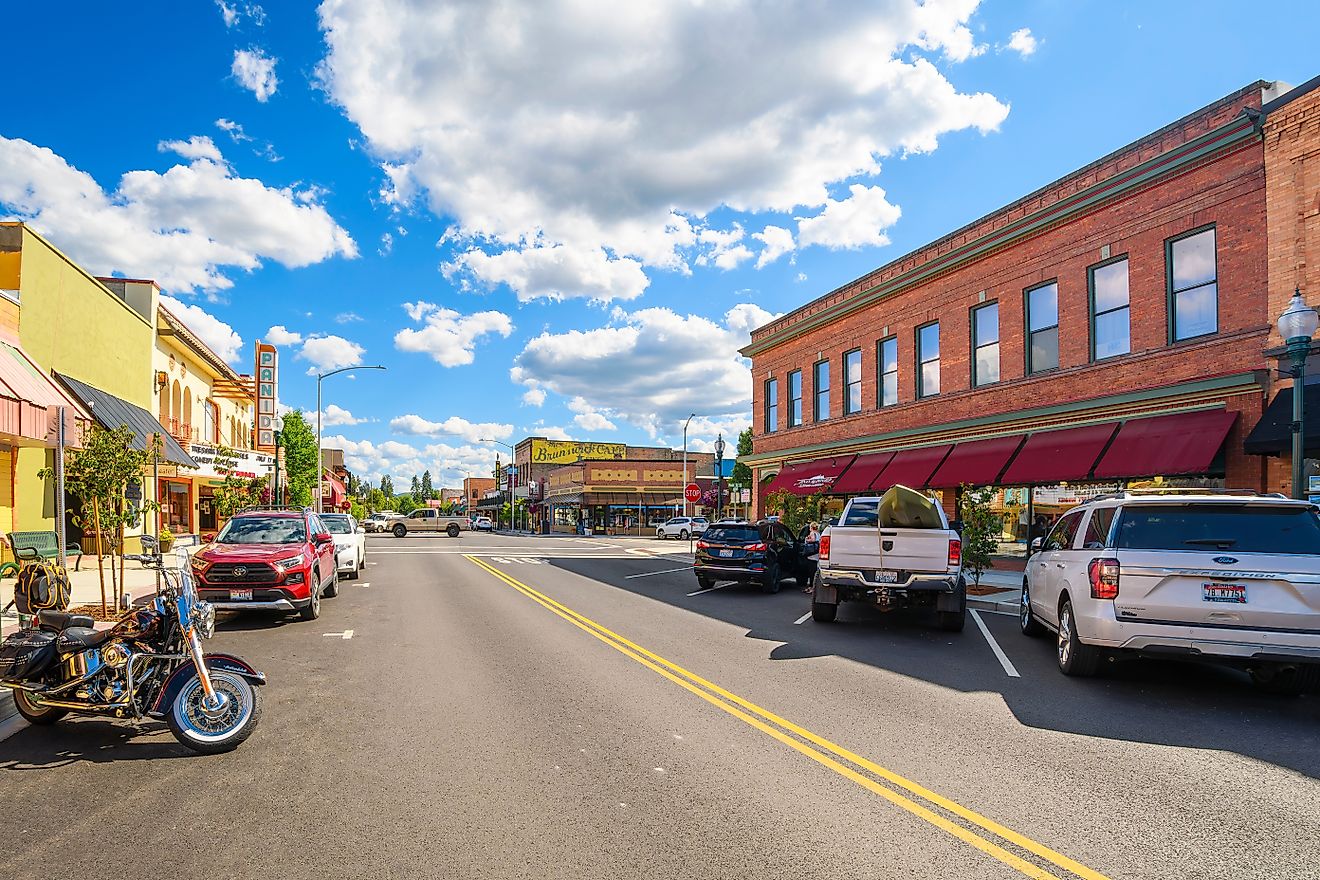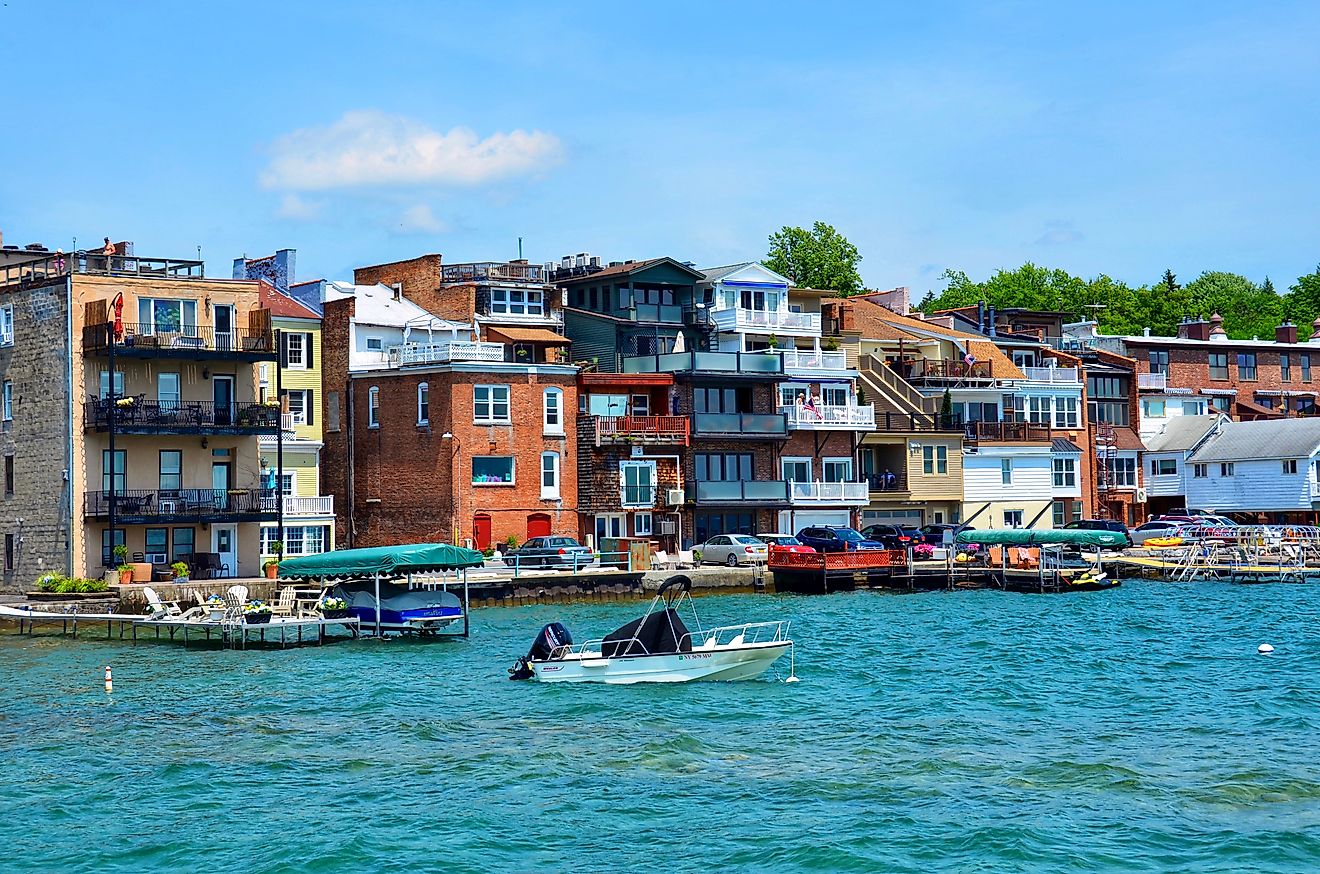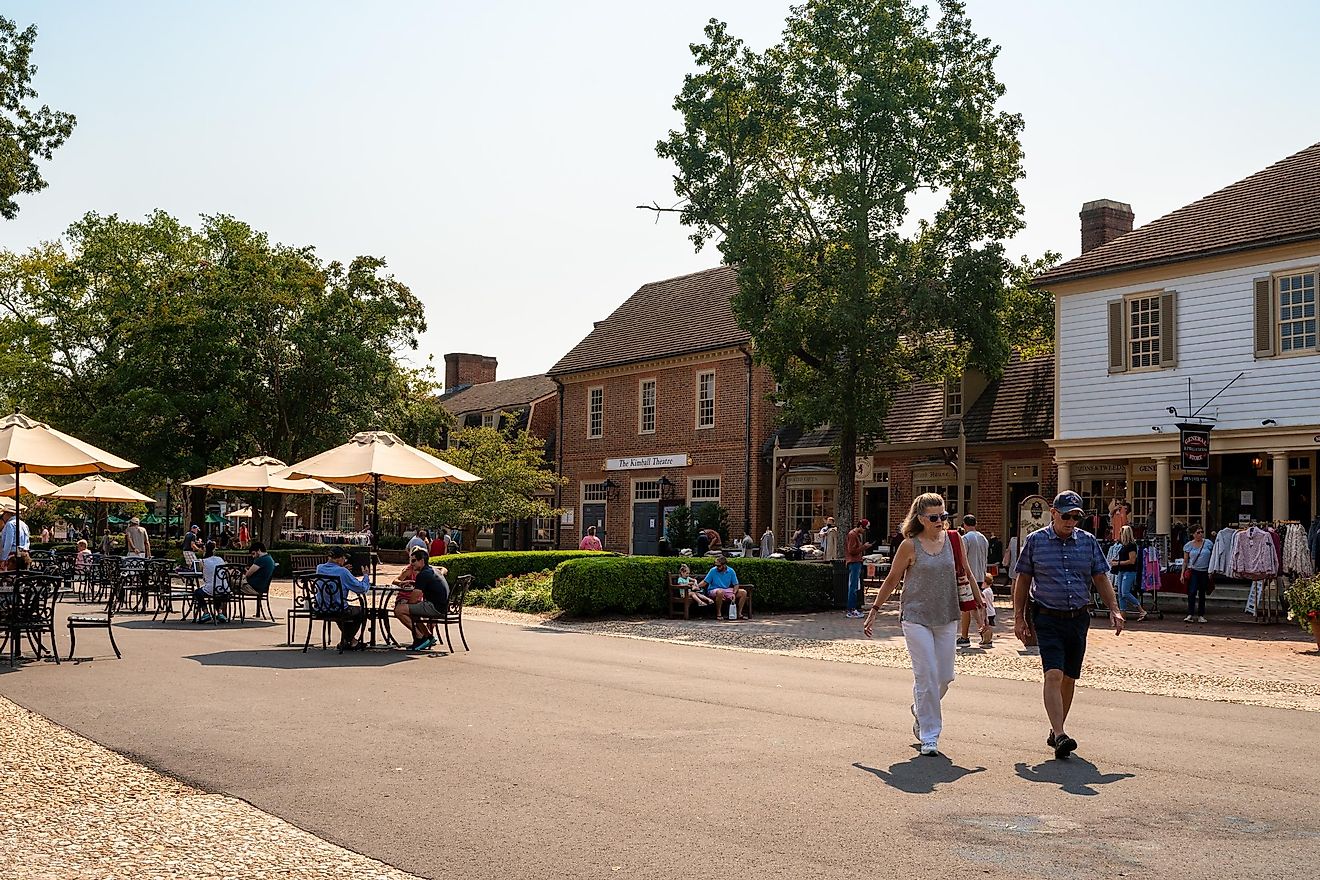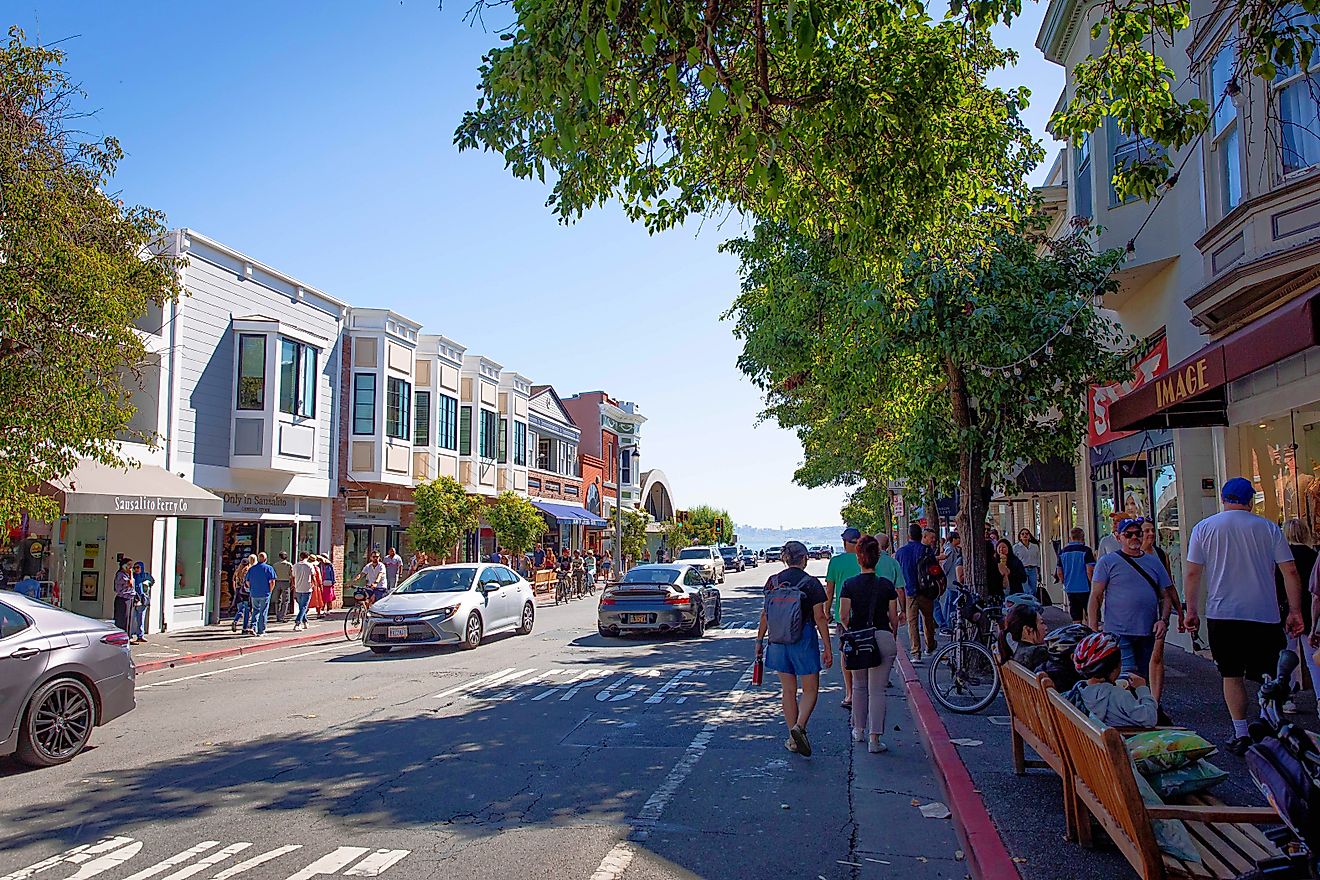
Picton, New Zealand
Picton is a small town located in the Marlborough Region, New Zealand. The town is a major hub in New Zealand's network, with ferries connecting the region with Wellington and the North Island across Cook Strait. Picton has been named after Lieutenant-General Sir Thomas Picton, a Welsh Officer who served the Duke of Wellington and was killed at the Battle of Waterloo. The town is the second-largest town in the Marlborough Region after Blenheim. Today, it is home to a population of 4,790 people.
Geography Of Picton

Picton is situated in an inlet known as Picton Harbour on the southern side of the upper Queen Charlotte Sound / Tōtaranui. It is situated about 25 km north of Blenheim and 65 km west of Wellington. Picton is located on flat to rolling land at the head of Picton Harbour with Waitohi River, which starts in Esson's Valley, passing through the town and draining into the sound near the ferry terminal. The township extends northeast along rolling land towards Waikawa Bay, separated from Picton Harbour by The Snout and Victoria Domain. The town of Picton is surrounded by hills and mountains, including Mount McCormick to the east, the Robertson Range to the south, and Te Tara-o-Te-Marama/Mount Freeth to the west. The Elevation Saddle connects the southwest of Picton with the Tuamarina River valley and contains the main land routes between the town and the rest of the South Island.
The Population Of Picton
Statistics New Zealand defines Picton as a small urban area with an estimated population of 4,790 as of June 2021. The town covers a total area of 9.16 sq. km and has a population density of 523 people per square kilometer. The largest ethnic groups in Picton are European/ Pākehā making up to 87.9% of the population, followed by Māori at 18.3%, Asians at 2.5%, Pacific peoples at 1.9%, and Others at 1.9%. A survey showed that 52.3% of the town's residents had no religion, 35% were Christians, 0.4% were Hindu, 0.1% were Muslims,0.5% were Buddhists, and 2.6% had other faiths.
The Economy Of Picton

Picton's economy is based primarily on the port and port services. Port Marlborough, a Marlborough District Council-owned company, owns the port facilities. The port supports Cook Strait shipping and hosts fishing boats and vessels servicing the aquaculture industry, including salmon and mussel farming. Picton is a popular tourist destination and serves as a gateway to the Marlborough Sounds, with various services offering access to the Sounds.
Brief History Of Picton

The native Te Atiawa o Te Waka-a-Māui tribe occupied Waitohi Pā on the site of the present town before the European settlement. Sir Francis Dillon and Sir George Grey purchased the land from Te Āti Awa, who moved to neighboring Waikawa Bay in March 1850. The newly acquired land was named Picton, which became the provincial capital of the Marlborough Province, created in 1859 and remained its capital until 1865, after which the provincial capital was moved to Blenheim.
Tourist Attractions In Picton

Picton has a small shopping mall, Mariner's Mall, including supermarkets, banks, and other retail outlets. The town has several shops that sell crafts and souvenirs targeted at the tourist market, a cinema, an oceanarium, a mini-golf near the foreshore, and many cafés and bars. The town has several tourist attractions, including the Edwin Fox, a wooden sailing vessel that has been preserved and is on display.
